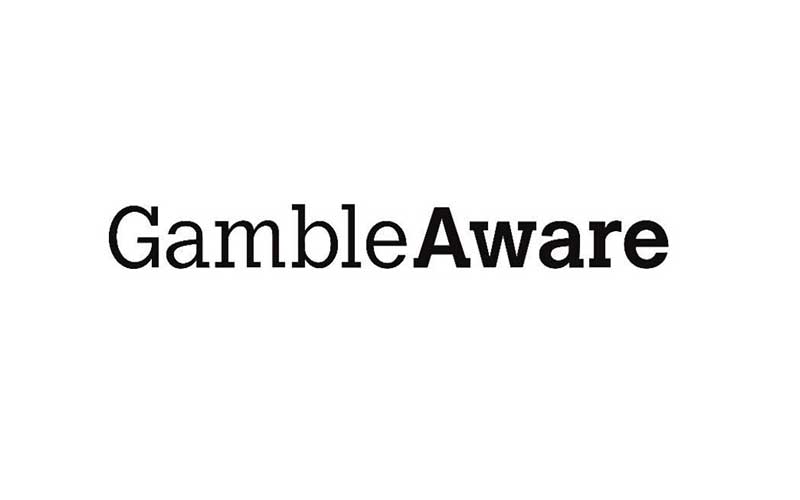GambleAware Findings Reveal Discrimination’s Ties to Problem Gambling

An alarming association between problem gambling and experiences of prejudice, especially among minority populations, surfaced in a recent study commissioned by GambleAware. The results of the investigation into the relationship between gambling problems and experiences of prejudice were made public on December 6 by the nonprofit organisation. The investigation was carried out by Ipsos UK and ClearView Research, with help from the University of Manchester.
The Details
A total of 2,999 people from England, Wales, and Scotland were a part of the research; 1,779 were white British and 1,220 were members of other minority groups. Among members of minority communities, a significant finding brought to light the substantial connection that exists between problem gambling and incidences of discrimination. Interestingly, compared to non-problem gamblers, half of the minority populations dealing with gambling issues reported public prejudice.
According to the results, there is a clear link between prejudice and an increased risk of gambling-related problems. Instances of racism and prejudice have been shown to contribute to increased gambling habits, worsen social isolation, reduce employment chances, and heighten the likelihood of mental health problems.
Another worry that the research uncovered was people using gambling as a “coping mechanism.” In comparison to white Britons, 18% of gamblers from minority backgrounds were three times more likely to see gambling as a coping method.
Furthermore, the study revealed obstacles that people face when trying to get help for gambling problems; for example, people from minority groups are less likely to feel comfortable talking about their gambling with those close to them or with support service providers. Because of their history of prejudice, members of these communities already distrust medical professionals and are unaware of the resources available to help them overcome their gambling problem.
The study follows the yearly figures released by GambleAware, which showed that 85% of people who sought help from the National Gambling Treatment Service (NGTS) were able to get the help they needed to overcome their gambling problems. The statistics revealed that a sizeable percentage of people were looking for assistance with online slot machines, which brought to light the pressing need to address the widespread problem of damage that is linked with this kind of gambling.
The Next Steps
CEO Zoë Osmond of GambleAware stressed how worrying these results are and encouraged anyone impacted to seek confidential assistance and advice from GambleAware. Early intervention and extensive community outreach are crucial, according to Osmond, in preventing gambling issues from becoming addictions.
Given these concerns, GambleAware intends to initiate a financing initiative to address problems that have been brought up by research of a similar kind. Additionally, they have provided organisations in England, Scotland, and Wales with a total of £4.3 million to support them in addressing these significant complications.


